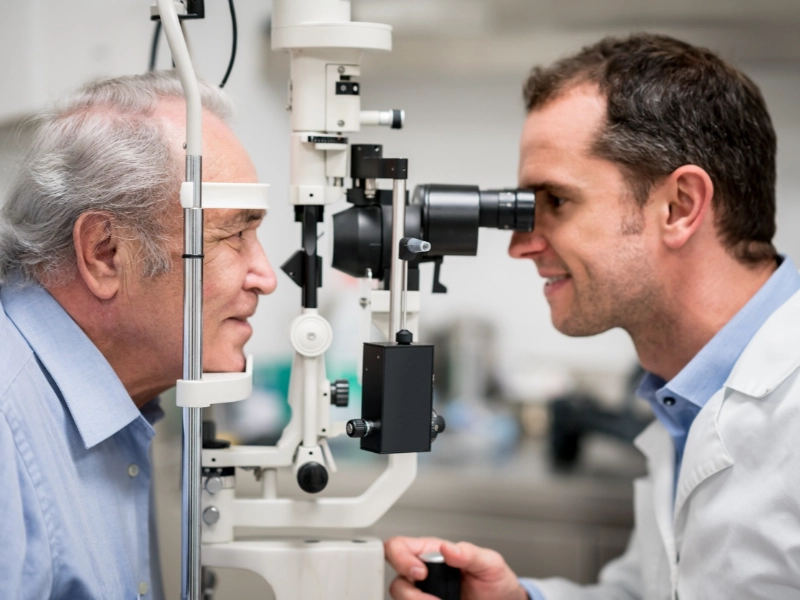1. Rest Your Eyes

Sleep can help improve your blurry vision. While you sleep, your eyes undergo a natural repair and rejuvenation process that helps repair them.
When you wake up in the morning, make a habit of blinking several times to clear away rheum, which is a buildup of dead cells, bacteria, dust and other particles that can cause your vision to blurry. Blinking also replenishes your tear layer which smoothes out the surface of your cornea for improved visual clarity.
2. Avoid Bright Lights

Although it may be impossible to completely shield your eyes from light, taking steps to minimize bright lights is a good start. Not only does this improve vision, but it may also prevent damage to the retinas - the light-sensing cells in your eyes that allow you to focus and distinguish colors - that allow us to perceive them.
3. Avoid Excessive Computer Use

When using a computer or other digital device for extended periods of time, it can lead to eye strain and blurred vision - this condition is known as "computer vision syndrome."
CVS symptoms include eye fatigue, blurred vision, irritated eyes, headaches and neck pain.
Additionally, they may blink less often than usual, leading to dry eyes.
4. Wear the Right Eyeglasses

Although it may seem obvious, wearing the proper glasses can drastically improve your vision. Whether you opt for prescription lenses or non-prescription sunglasses, glasses can make a big difference in how sharply you can see everything around you.
5. See Your Eye Doctor

Blurred vision can be indicative of various health issues. To rule out any potential issues, it's wise to get a comprehensive eye exam and report any changes in your vision - including blurriness - immediately.
Some of the most common causes of blurry vision include refractive errors (like myopia, hyperopia, astigmatism and presbyopia) which can usually be corrected with glasses or contact lenses or laser surgery.
Advertisement
Recommended Reading: Does Cinnamon Lower Blood Pressure?

























Comments
Leave a Comment
Your email address will not be published. Required fields are marked *